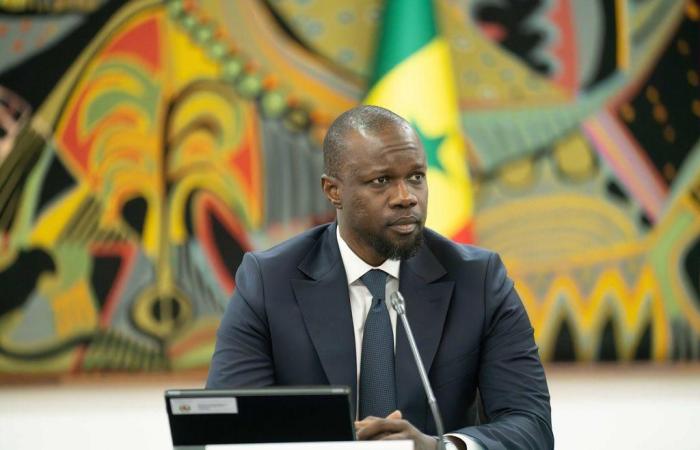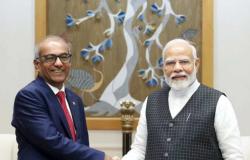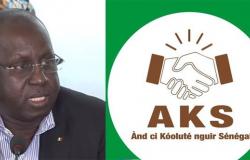Senegal is banking on its tax policy to strengthen its economy and respond to current budgetary challenges. This strategic orientation, particularly highlighted by Prime Minister Ousmane Sonko, aims to increase the tax rate to 20%, whereas it is currently below 18%. This initiative announces a desire to consolidate the financial independence of the country.
During his General Policy Declaration on December 27, 2024, the Prime Minister stressed that taxation constitutes the main pillar of state revenue, representing more than 95% of state revenue. To align Senegal with the convergence criteria of the West African Economic and Monetary Union (UEMOA), the government wants to reduce the budget deficit from 5% to 3%.
This article, relayed by Sud Quotidien, details how Senegal plans to increase the efficiency of its tax collection through an extension of the tax base and reforms intended to rationalize exemptions. The Prime Minister maintains that the commitment is to achieve a convergence criterion set by UEMOA and to maintain it.
In this context, Jean Koné, appointed director general of the Directorate General of Taxes and Domains (DGID) in January 2025, is responsible for revitalizing tax resources. According to our colleagues at Sud Quotidien, he is planning reforms which include the revision of exemptions and the renegotiation of tax conventions.
The “Yaatal” program, launched in 2020 and extended until 2023, embodies this desire for tax inclusion, by expanding the number of taxpayers with the aim of improving tax fairness.
However, the press sector is facing tensions due to accumulated tax debts, estimated at nearly 40 billion CFA francs in 2024. This pressure has sparked debate, particularly after former President Macky Sall decided to cancel this debt. The current president, Bassirou Diomaye Diakhar Faye, has insisted on the need for media companies to fulfill their tax obligations, despite the administrative and economic pressures they face.






